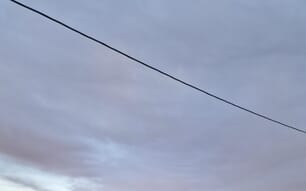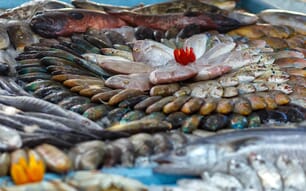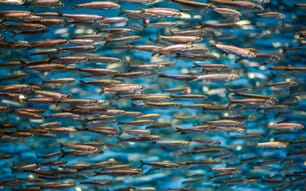The Northwest Atlantic Fisheries Organization (NAFO) implemented no new measures to control cod bycatch despite bycatch levels on the southern Grand Banks reaching more than twice the target levels, according to WWF.
While Canada, supported by the European Union, argued that bycatch had to be reduced, NFAO turned its back on a 2007 commitment to consider additional measures to control bycatch if voluntary measures failed. It is generally accepted that boats from the EU played the largest role in the bycatch over-runs, which reached 119 per cent in 2008.
NAFO joins a long list of regional fisheries management organisations worldwide facing increasing criticism for presiding over the continuing collapse of key fisheries and the failure of recovery in others. Cod is central to perceptions of NAFO’s effectiveness, with the celebrated spectacular collapse and closure of the Grand Banks cod fishery in the 1990s.
Excessive bycatch of cod has undermined a moratorium imposed in 1994, peaking in 2003 when bycatch amounts were estimated at up to 80 per cent of the remaining spawning cod stock.
Dr Robert Rangeley, Vice-President, WWF-Canada, Atlantic Region said: "NAFO did not bring in necessary measures to reduce bycatch of Grand Banks cod, which will further prevent recovery.
"However, there is a glimmer of hope. Canada has clearly demonstrated the ability to bring bycatch of cod under control in its own waters and NAFO's Scientific Council has been directed to recommend concrete measures to reduce bycatch next year."
In what WWF views as a flawed decision, NAFO re-opened the one minor Grand Banks fishery where recovery can be demonstrated, with catch quotas 33 per cent higher than the levels recommended by its Scientific Council and supported by Norway, the USA and WWF. The Flemish Cap cod fishery (3M) reached the NAFO rebuilding target after a 10-year moratorium.
Some progress was made on the protection of vulnerable marine ecosystems (VMEs) from the impacts of bottom fishing, with NAFO agreeing to close 2500 nautical square miles of the proposed areas identified in locations where bottom fishing is likely to result in the prevention of significant adverse impacts on coldwater coral forests and sponge reefs.
However, NAFO is still failing to properly assess impacts to vulnerable areas where fishing is currently being conducted, according to WWF.
These impacts would have been better assessed had NAFO adopted the proposal by the US to follow new UN Food and Agriculture Organization (FAO) guidelines for impact assessment. NAFO had committed to implement these measures by 1 January 2010, yet impact assessments will not be conducted until 2011 at the earliest.
Further Reading
| - | Go to our previous news item on this story by clicking here. |



